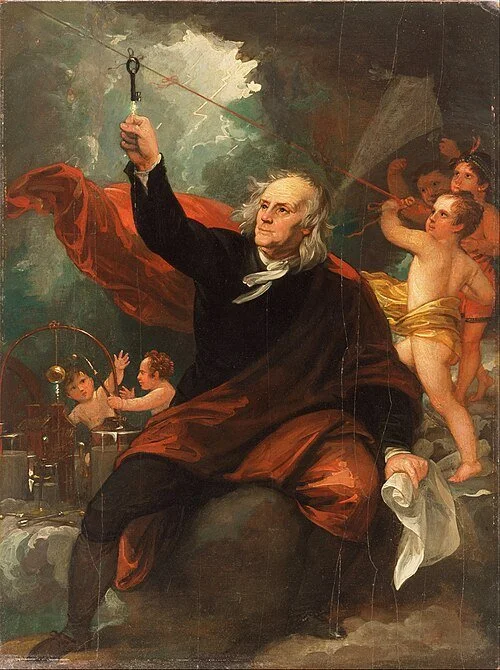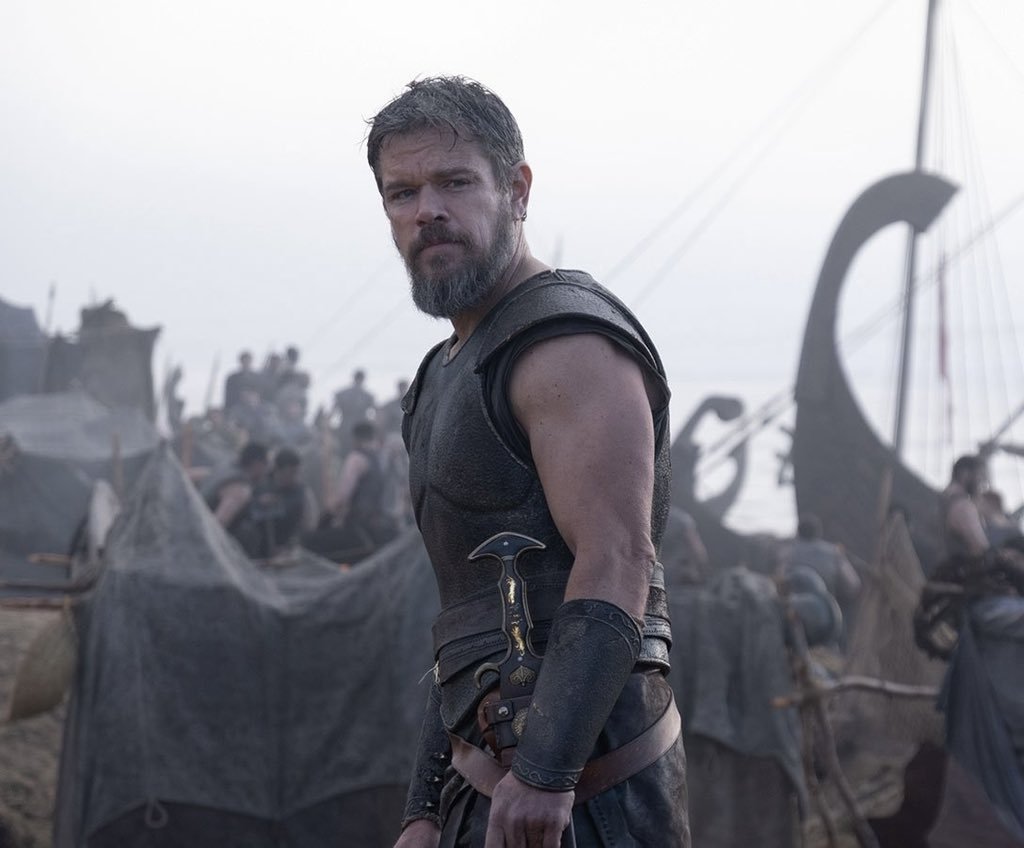Plato’s Republic — Building the Inner State
Building My Inner Republic: What Plato Taught Me About Justice, Power, and Learning
I didn’t pick up Plato’s Republic as an academic exercise.
I read it in the middle of a life pivot, stepping away from a safe corporate track, trying to design a “Monk Mode” period where I relearn how to think, build, and live. It felt like the right time to go back to the source and ask a basic question:
What does it actually mean to live rightly, both as a person and as a civilisation?
What surprised me is how little of the Republic is really about “policies.”. It’s not a policy manual. It’s a blueprint for the soul.
Underneath the debates about justice, law, and different forms of government, Plato is doing something more radical: he’s trying to describe the internal architecture of a just person and then projecting that architecture onto a city.
Once I saw it that way, the book stopped feeling like distant philosophy and started to feel uncomfortably personal.
Justice as Inner Architecture, Not Law
My background is in history and law. I've spent years immersed in systems designed to deliver justice, including statutes, courts, governments, and international rules.
You quickly learn that “justice” in practice often means “what the system currently incentivises.” Laws can stabilise power just as easily as they protect people. On paper, everything looks clean; on the ground, it’s messier.
So when Plato, through Socrates, defines justice as a kind of inner harmony, it hits me harder than I expected.
He breaks the soul into three parts:
Reason – the part that seeks truth and sees the whole.
Spirit – the part that wants honour and recognition and defends what it loves.
Appetite – the part that chases pleasure, comfort, and material needs.
Justice is not “following the law”. Justice is when each part does its proper work and doesn’t try to run the show. Reason leads, spirit supports, appetite obeys appropriate limits.
The same structure shows up in his ideal city:
Rulers = reason
Guardians = spirit
Producers = appetite
Reading that, I had to admit: I’ve often tried to build an external architecture (career, projects, plans) on top of a pretty chaotic inner one. Long hours, bad sleep, dopamine loops, ego spikes — that’s not a “republic”, that’s a city in quiet civil war.
Plato’s point is uncomfortable but simple: no legal system can compensate for an unjust inner life. If the people running any system are fragmented, the system eventually will be too.
Capitol Hill protest, 6th January 2021.
That’s the first lesson I’m taking into this next chapter: before I architect risk systems for satellites or design a “space economy dashboard”, I need to get my own internal architecture in order.
The Philosopher-King and Power Without Appetite
The most famous image from the Republic is the philosopher-king.
On the surface, it’s simple: the ideal ruler is a philosopher. But what Plato means by “philosopher” is very specific: someone who loves truth more than status, who has trained their mind to see the whole, and who doesn’t actually want power.
The philosopher-king is almost reluctant to rule. Power is a duty, not a prize.
I find that strangely reassuring in a time obsessed with visibility, “personal brands”, and gameable metrics. So much of modern leadership is about wanting the spotlight. Plato’s version is the opposite: if you’re too eager to rule, that’s a warning sign.
The best rulers are those who do not love power.
Marcus Aurelius, Roman Emperor (AD 161 - 180)
I don’t pretend to be a philosopher-king. I’m just someone who got tired of feeling like a small cog in a large machine and decided to build something of my own.
But Plato clarified something I’ve been feeling for years: the kind of influence I’m aiming at isn’t about having people “follow” me. It’s about building useful systems in space insurance, in risk, in education—and accepting responsibility when they start to impact others.
In that sense, the “philosopher-king” is less a job title and more a design principle:
Don’t chase power for its own sake.
Cultivate vision and judgement first.
If leadership comes, treat it as a duty, not a lifestyle.
That’s a very different posture from “How do I become a CEO as fast as possible?”
Education as Learning to Love the Good
Plato’s view of education might be my favourite part of the Republic.
He doesn’t define education as “stuffing information into people”. Education is about learning to love what is good and beautiful. Facts are secondary. The primary task is shaping taste, character, and attention.
That landed hard because, if I’m honest, most of my early education felt like a game of compliance:
Learn what’s on the exam.
Memorise.
Forget.
Move on.
School, university, and even corporate training all had a similar pattern: information without transformation. It felt like a never-ending mental cycle.
It’s only in the last few years — reading people like Plato, Aristotle, Franklin, and exploring physics, maths, space, and risk on my own time — that something has shifted. I’m no longer learning because someone will test me. I’m learning because I can feel my perception changing.
Plato would call that “turning the soul around” — away from shadows and towards light.
For me, that looks like:
Designing my own School of Thought curriculum.
Treating maths, physics, philosophy, and coding as parts of one long apprenticeship, not separate silos.
Choosing books and courses not for the badge, but for the person they might help me become.
I’m late to this kind of education, but I’d rather start late than never.
Benjamin Franklin Drawing Electricity from the Sky, an artistic rendition of Franklin's kite experiment painted by Benjamin West, c. 1816
Where I Disagree With Plato: Art, Homer, and Imagination
Plato famously wants to kick the poets out of the ideal city.
He thinks people like Homer are too powerful; their stories can mislead, stir up the wrong emotions, and distort the truth. In a perfectly ordered republic, they’re a risk.
Here I diverge quite strongly.
For me, Homer didn’t corrupt anything. Reading epic stories is what opens new worlds. Story is often what gets a teenager through the door to philosophy or history in the first place. If anything, Homer and the poets act more like launchpads than traps.
Yes, art can manipulate. Yes, stories can be propaganda. But the answer isn’t to banish them — it’s to learn to read them well.
My instinct is:
Don’t remove Homer.
Teach people how to interpret Homer, and everything that came after.
Maybe that’s my bias as someone who loves narrative and wants to write more. But I think any serious system of education or governance in the 21st century has to treat story as a core piece of infrastructure, not as a dangerous side effect.
Matt Damon as Odysseus in The Odyssey (2026 release)
Democracy, Tyranny, and Why It Feels Uncomfortably Familiar
One of the eeriest parts of the Republic is Plato’s description of how democracies decay into tyrannies.
He warns that:
Freedom without wisdom becomes chaos.
When appetite rules, people chase pleasure, wealth, and novelty above all.
In the noise and instability, a figure emerges promising order — and people hand over power.
Reading that in 2025, it’s hard not to see echoes in parts of America, the UK, and Europe. I don’t need to name names; the pattern is familiar enough.
What struck me wasn’t “Plato predicted modern politics” — that’s too easy. What struck me is how timeless the underlying mechanism is: if a society doesn’t educate its citizens to govern themselves internally, they’ll eventually trade freedoms for someone who promises to govern them externally.
Again, we’re back to the inner architecture.
If individuals are ruled by appetite — for comfort, outrage, attention, consumption — then it’s only a matter of time before the politics reflects that.
Sketching a Modern, Polymathic Republic
Reading Plato inevitably prompts the question: “Okay, what would your ideal republic actually look like?”
I don’t have a complete answer. But a few things are clear in my mind.
If I were sketching a modern republic, it would be:
Cosmic and long-term – thinking in orbital lifetimes, not election cycles.
Digital, but not shallow – using technology to extend reasoning, not just to amplify noise.
Polymathic – led by councils of people who are literate in philosophy, science, economics, art, and ethics, not just one domain.
I don’t think voting should be a simple popularity contest. In a world this complex, understanding matters. I lean towards the idea that deeper forms of participation in governance should be tied to some evidence of education and contribution, not just existence.
That’s obviously controversial, and I don’t have a finished model. But Plato has at least given me a direction: any serious future for democracy has to take education and character as infrastructure, not as an optional nice-to-have.
How I’m Applying This
So what do you do with all this, beyond nodding at clever Greek phrases?
Here’s how I’m trying to let The Republic actually shape what I’m building and how I’m living.
Governance & systems design
I’m working on AION — a set of tools and simulations for space risk and insurance.
Plato’s tripartite model is a surprisingly useful design lens:
Reason → the core logic, models, and data.
Spirit → incentives, user experience, how the system “defends” good behaviour.
Appetite → commercial realities, premiums, payouts, the money flows.
A resilient system, like a just city, needs all three in balance. If appetite (profit) dominates, you get fragile products. If abstract reason dominates with no attention to human behaviour, you get tools nobody uses. The “soul” of the system fragments.
I’m starting to see each module not just as code, but as a small republic whose parts need to be ordered.
Education as a lifelong architecture
Instead of thinking “I need to finish this course”, I’m thinking more in terms of a polymath curriculum:
Maths, physics, and coding to sharpen reason.
History, philosophy, and literature to deepen context and ethics.
Projects in space, AI, and risk to tie it all back to reality.
The goal isn’t to become a specialist in everything. It’s to train the kind of mind that could sit on one of those future councils and actually see the whole.
Leadership posture
If I ever end up leading teams, funds, or ventures, the “philosopher-king” idea is a good north star:
Don’t chase titles.
Keep learning more than you post.
Treat decision-making as a responsibility to the system, not an extension of yourself.
For now, that means leading myself properly — showing up to the work I’ve chosen, not flinching from the boring parts, not letting appetite run the calendar.
Personal ethic: my inner republic
At the end of my notes on the book, I wrote:
“Until people discover the pursuit of happiness and lifelong learning, the ideal state will never exist. But I can make it exist within me.”
I still believe that.
I’m not going to fix democracy. I’m not going to design the constitution of Mars. I might not even finish half the projects on my own list.
But I can treat my own life as a small republic:
Reason actually in charge of long-term decisions.
Spirit used to defend what matters, not just to get offended.
Appetite respected but kept in its lane.
If I can do that, then everything else — AION Monk Mode, space insurance, my odd mix of golf and Arabic and Euclid — sits on a different foundation.
The just city might be out of reach. But a just life isn’t. And that feels like a good place to start.



